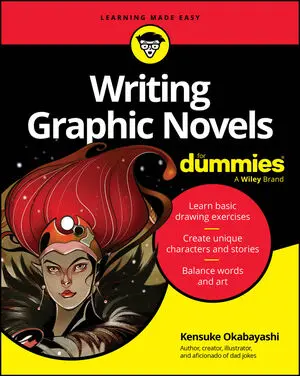Rewriting and editing helps to tighten up your work. But it can be difficult – what to chop and when to stop may not be clear, and you may change your mind more than once during the process. Ask yourself whether you need to take out:
Unnecessary information and explanation.
Passages of dialogue that go on too long.
Clunky descriptions that give too much detail.
Clumsy images that don’t really work.
Too many adjectives and adverbs.
You may need to add or expand:
Something you know but have forgotten to tell the reader; perhaps the age of the main character.
More specific descriptive information that shows instead of tells; instead of describing a man as ‘old’, describe his white hair, slow gait and mottled hands.
Dialogue of what the characters actually say, rather than summaries.
Material to add interest or create suspense.
A better opening or closing line.
You may need to move:
Dramatic sections to make a stronger opening.
Early information to where the reader really needs to know it.
Essential information nearer the beginning of the book.
Descriptive passages to add tension and suspense to incidents.
Words, phrases and sentences to make a better rhythm.
In your final edit:
Check for grammar, punctuation and spelling mistakes.
Ensure you have no continuity errors.
Pay particular attention to the first and last lines of any section or scene.
Smooth out any awkward words and phrases.
Clarify anything that isn’t clear.






